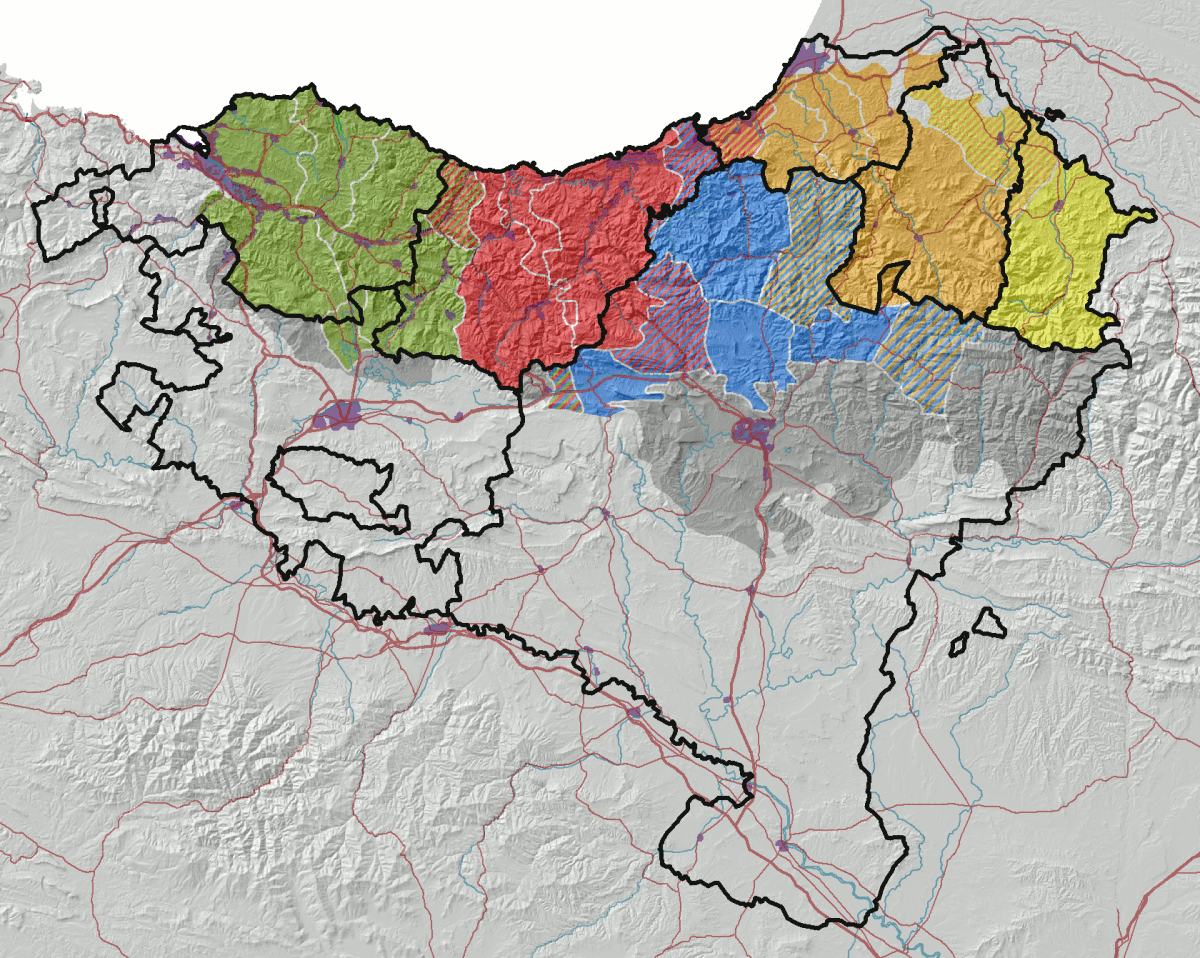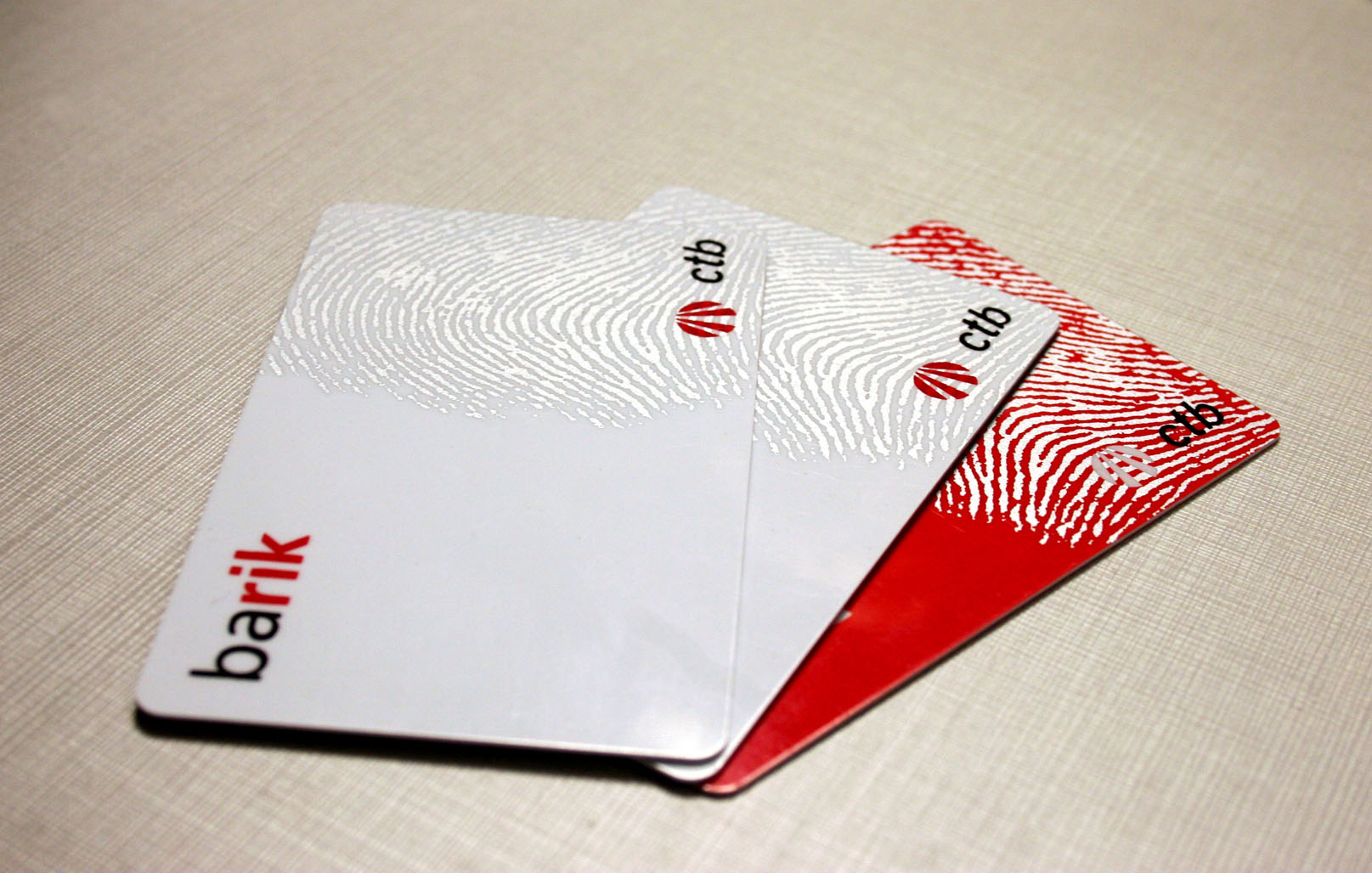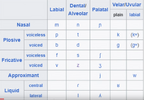Interestingly, this culture largely disappeared across Europe around the time of the Younger Dryas and was replaced by the 12K BCE individual from Villabruna in Italy. But the Magdalenian culture survived in the Iberian Peninsula which is seen in the genetic admixture of Neolithic Iberians. The Iberian Peninsula basically acted as one of the primary refuges for people who survived the Younger Dryas event.
Interesting, Eboard, thanks!
As to the origin of the Basque language, I would guess that it could have been imported from the Anatolian farmers that settled during the Neolithic, but it could have already been present from the Palaeolithic hunter-gatherers that inhabited the area. I wouldn't be surprised if it's a mix of both, i.e. a local language that was later influenced by the spread of farming communities from the East but that's purely a hunch from a non-linguist.
That's quite likely, IMO. Especially it having been there since the Paleolithic. I don't know about you, but the more I read, the stronger impression I get that languages change VEEERY slowly. There are borrowings, or total assimilation in some cases, but most of the time, maybe what we see nowadays is not SO different from what was back then, linguistically speaking. If anything, it may be more likely that there were more languages back then than now, not the opposite. But some are super resistant. I was reading recently how in Algeria, for example, the Arabic language that is written (classical) has remained pretty much stable for 3000 years. The spoken language differs, but people understand both without any big trouble. That happens in several other places too. So why not since way earlier than is often assumed?
Daniel Everett (a linguist who wrote a few books) even has a theory that puts language back in the Australopithecus. He is a Darwinian, but makes a good point, I think: even in super ancient archaeological sites, and especially in islands, the tools found show that people must have had a way to communicate. Otherwise, how would the build a boat, or convince others to cross a river or a sea, or "talk" about making a fire or a special spear? Etc. It is often assumed that they were very simple hominids, but the "hardware" was already there for language. The difference in brain size wouldn't prevent them from having language either. (Neanderthals are said to have had slightly bigger brains than us, for example).
Anyway, just some thoughts, FWIW.








